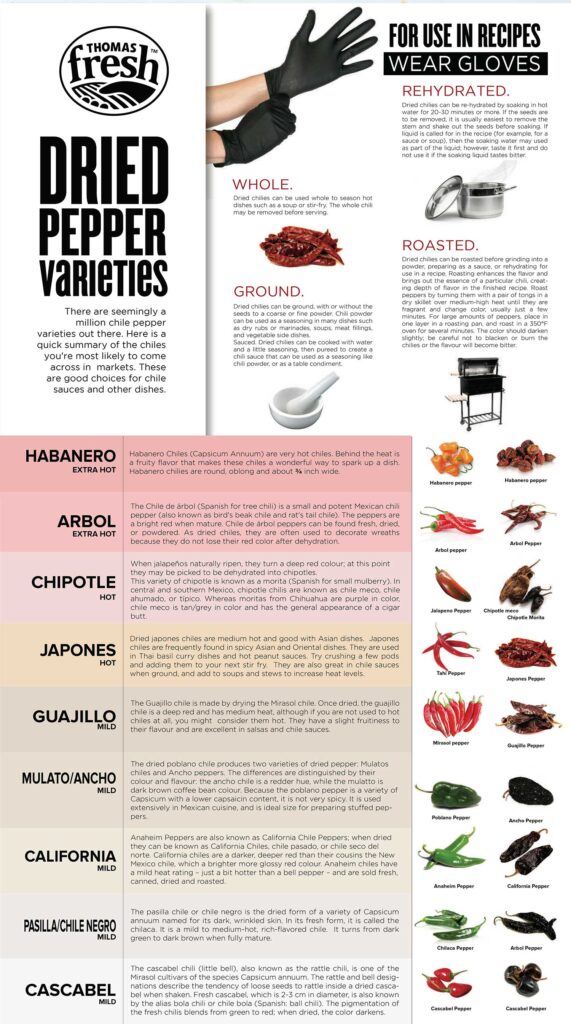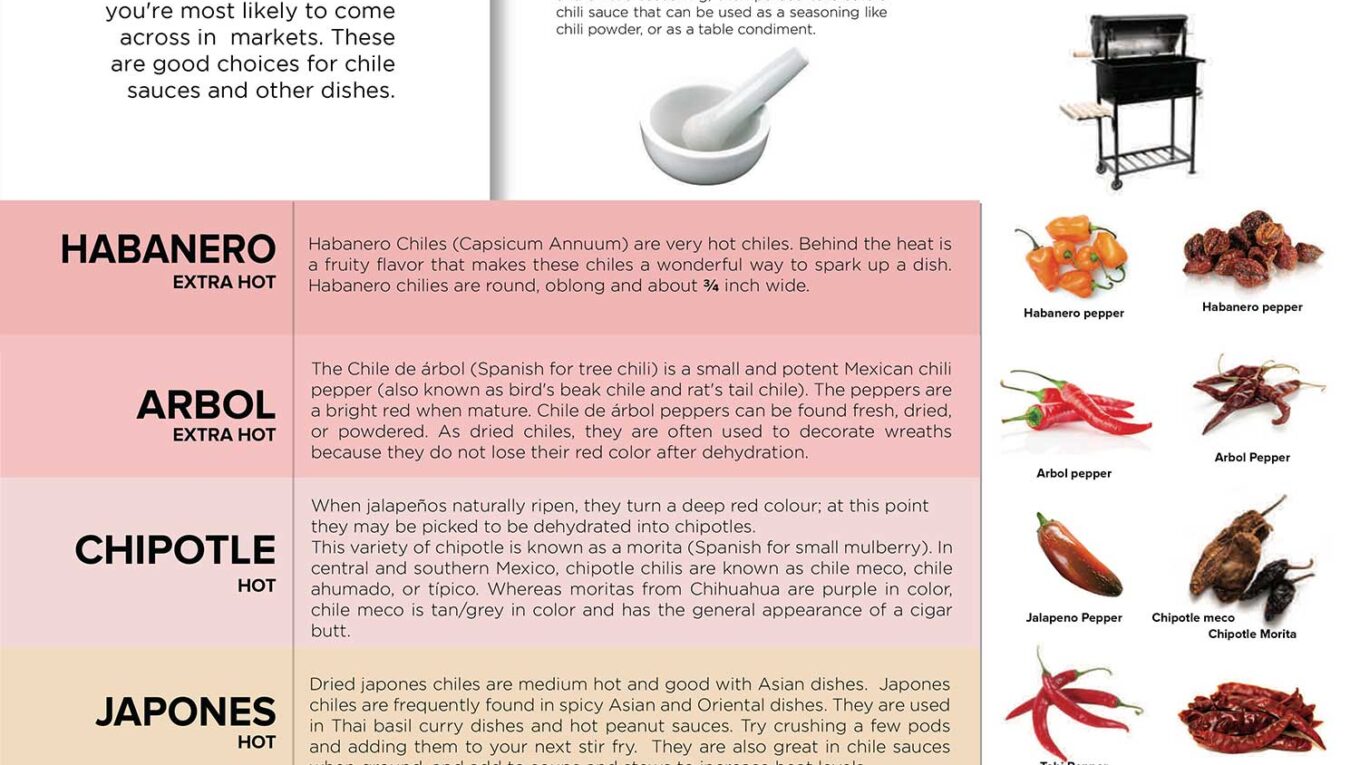Unveiling the 5 Proven Health Benefits of Chili Peppers
1. Chili peppers may help fight cancer
Capsaicin Inhibits Breast Cancer Cell Growth
Researchers using cultured tumor cells has observed that capsaicin, the active ingredient found in chili peppers, inhibited breast cancer cell growth. Their experiments used SUM149PT cell cultures as model system of triple-negative breast cancer disease.
Researchers discovered some common olfactory receptors among the cultivated cells, with TRPV1, usually found in trigeminal nerve, being activated frequently by capsaicin.
Researchers discovered the presence of TRPV1 receptors in breast cancer tumor cells from individuals diagnosed with the disease. When activated with capsaicin in cell cultures, TRPV1 activation resulted in cancer cells proliferating less quickly and dying off more quickly, while increasing cancer cell division rates overall.
Capsaicin May Delay Lung Cancer
According to research conducted, capsaicin has shown promise in slowing the progress of lung cancer. According to studies, cancer deaths typically result from metastasizing cancer cells spreading to distant sites – this process is known as metastasis.
Lung cancer often spreads to secondary locations like bones, liver and brain – making treatment challenging. According to this research study, capsaicin may provide an effective remedy against metastasis among individuals diagnosed with lung cancer.
Research using 3 lines of cultured human lung cancer cells revealed that capsaicin inhibited the first phase of metastatic process – invasion. Furthermore, metastatic cancer mice receiving capsaicin treatments displayed smaller areas with metastatic cancer cell formation in comparison with mice not taking such treatments.
Capsaicin may help prevent tumors of the gut
Recent research indicates that consumption of capsaicin activates TRPV1 cell receptors that line the intestinal walls in mice, prompting them to produce more TRPV1, thus decreasing colorectal tumor risk and ultimately colorectal cancer risks.
Mice genetically predisposed to developing gastrointestinal tract tumors were fed capsaicin as part of their treatment, and as a result the tumor load decreased and their lifespans were extended by over 30%.
Capsaicin Shows Potential in Inhibiting Pancreatic Cancer Growth
According to a new study, capsaicin may play a vital role in inhibiting pancreatic cancer tumor growth in mice by either stopping or slowing its spread. Capsaicin led to pancreatic cancer cell deaths by inducing an apoptotic process called Apoptosis in their tumor cells.
Mice with human pancreatic tumors were fed various amounts of capsaicin for 5 or 3 days per week depending on their weight, then tumor sizes and levels of apoptotic protein levels in those tumors were compared with a control group fed saline only as controls.
Studies showed that mice consuming capsaicin had significantly higher protein levels associated with apoptosis and smaller tumor sizes compared to their control counterparts; capsaicin-treated tumors were about half the size of non-treated tumors.

